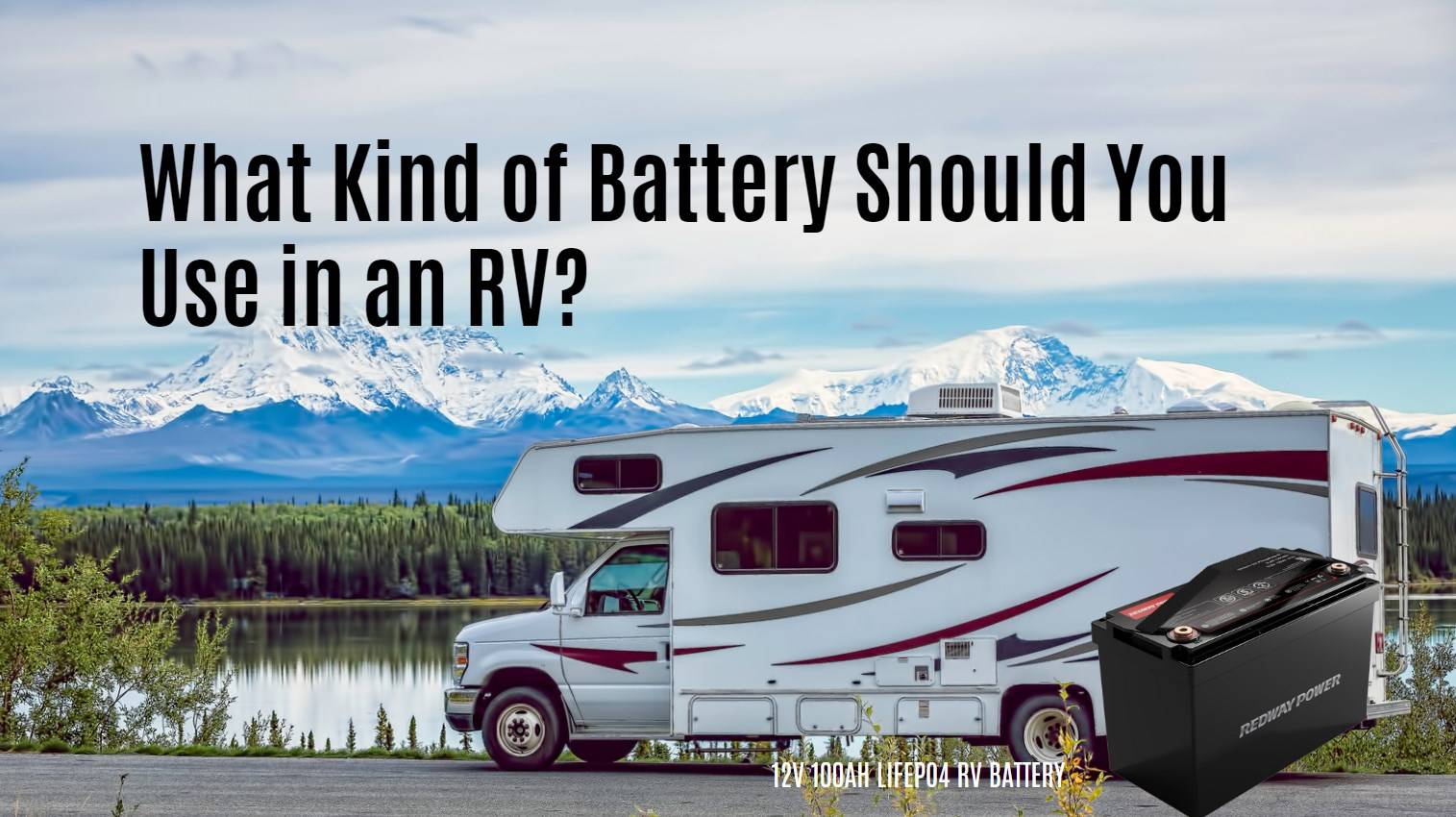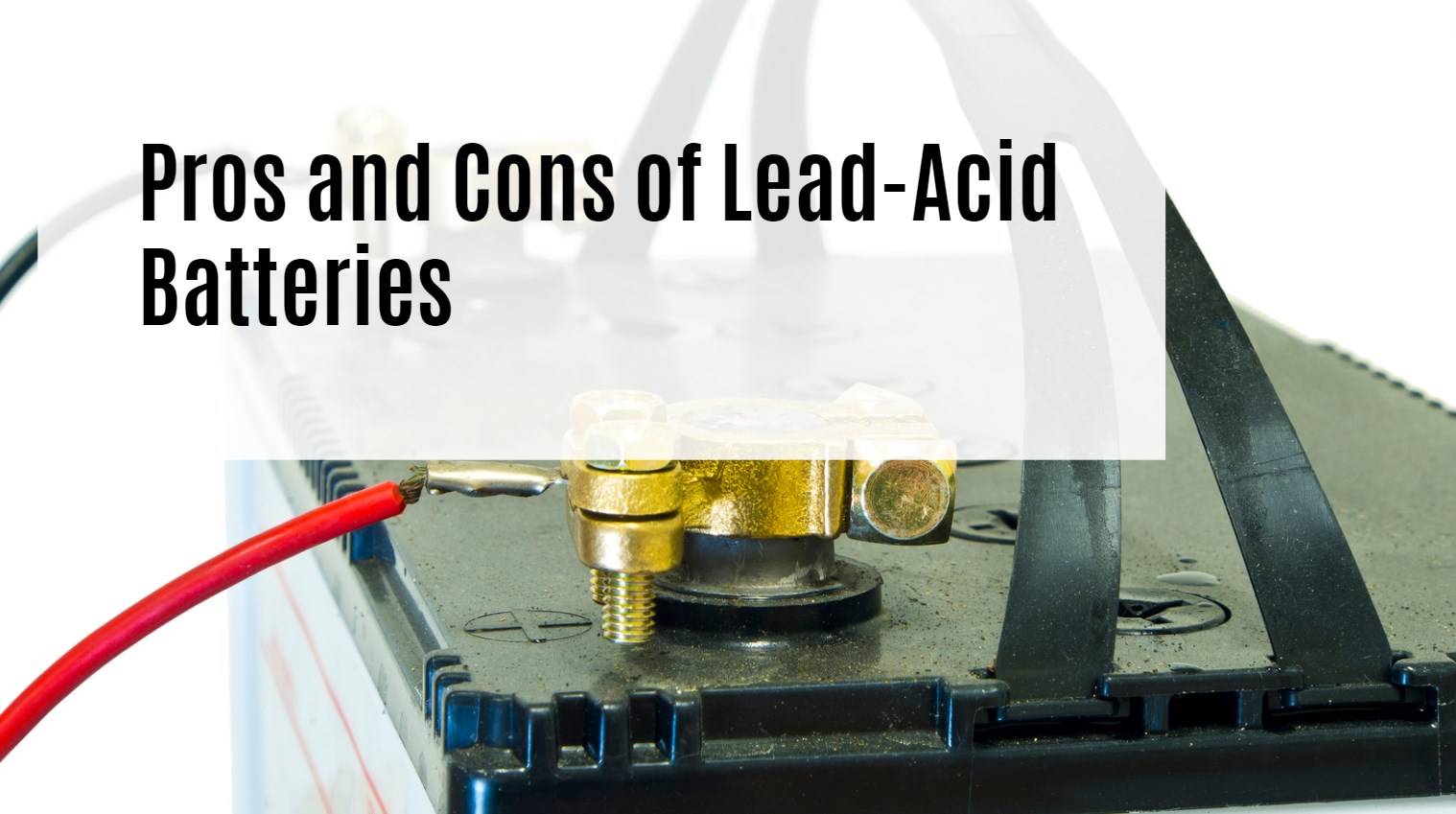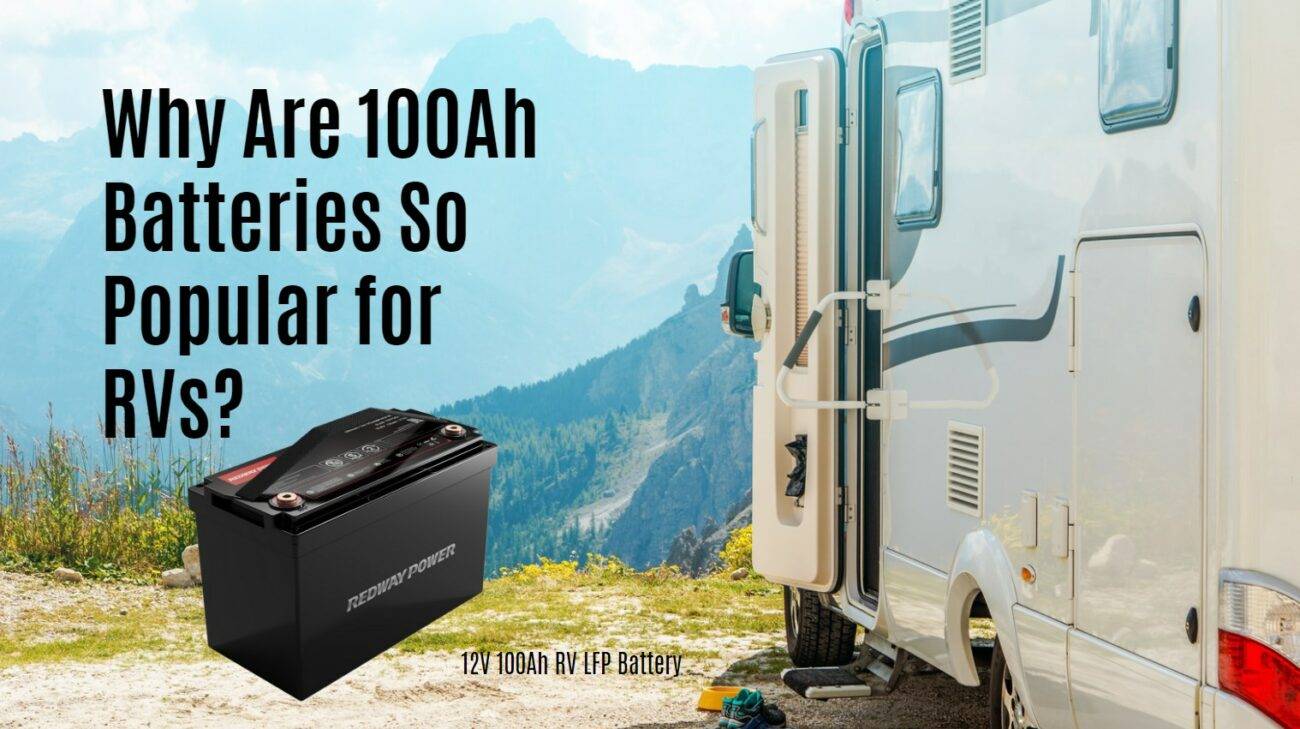- Lithium Golf Cart Battery
- Forklift Lithium Battery
-
48V
- 48V 210Ah
- 48V 300Ah
- 48V 420Ah (949 x 349 x 569 mm)
- 48V 420Ah (950 x 421 x 450 mm)
- 48V 456Ah
- 48V 460Ah (830 x 630 x 590 mm)
- 48V 460Ah (950 x 421 x 450 mm)
- 48V 460Ah (800 x 630 x 600 mm)
- 48V 460Ah (820 x 660 x 470 mm)
- 48V 500Ah
- 48V 560Ah (810 x 630 x 600 mm)
- 48V 560Ah (950 x 592 x 450 mm)
- 48V 600Ah
- 48V 630Ah
-
48V
- 12V Lithium Battery
12V 150Ah Lithium RV Battery
Bluetooth App | BCI Group 31
LiFePO4 Lithium
Discharge Temperature -20°C ~ 65°C
Fast Charger 14.6V 50A
Solar MPPT Charging - 24V Lithium Battery
- 36V Lithium Battery
- 48V Lithium Battery
-
48V LiFePO4 Battery
- 48V 50Ah
- 48V 50Ah (for Golf Carts)
- 48V 60Ah (8D)
- 48V 100Ah (8D)
- 48V 100Ah
- 48V 100Ah (Discharge 100A for Golf Carts)
- 48V 100Ah (Discharge 150A for Golf Carts)
- 48V 100Ah (Discharge 200A for Golf Carts)
- 48V 150Ah (for Golf Carts)
- 48V 160Ah (Discharge 100A for Golf Carts)
- 48V 160Ah (Discharge 160A for Golf Carts)
-
48V LiFePO4 Battery
- 60V Lithium Battery
-
60V LiFePO4 Battery
- 60V 20Ah
- 60V 30Ah
- 60V 50Ah
- 60V 50Ah (Small Size / Side Terminal)
- 60V 100Ah (for Electric Motocycle, Electric Scooter, LSV, AGV)
- 60V 100Ah (for Forklift, AGV, Electric Scooter, Sweeper)
- 60V 150Ah (E-Motocycle / E-Scooter / E-Tricycle / Tour LSV)
- 60V 200Ah (for Forklift, AGV, Electric Scooter, Sweeper)
-
60V LiFePO4 Battery
- 72V~96V Lithium Battery
- Rack-mounted Lithium Battery
- E-Bike Battery
- All-in-One Home-ESS
- Wall-mount Battery ESS
-
Home-ESS Lithium Battery PowerWall
- 24V 100Ah 2.4kWh PW24100-S PowerWall
- 48V 50Ah 2.4kWh PW4850-S PowerWall
- 48V 50Ah 2.56kWh PW5150-S PowerWall
- 48V 100Ah 5.12kWh PW51100-F PowerWall (IP65)
- 48V 100Ah 5.12kWh PW51100-S PowerWall
- 48V 100Ah 5.12kWh PW51100-H PowerWall
- 48V 200Ah 10kWh PW51200-H PowerWall
- 48V 300Ah 15kWh PW51300-H PowerWall
PowerWall 51.2V 100Ah LiFePO4 Lithium Battery
Highly popular in Asia and Eastern Europe.
CE Certification | Home-ESS -
Home-ESS Lithium Battery PowerWall
- Portable Power Stations
What Kind of Battery Should You Use in an RV? A Comprehensive Guide

Choosing the right battery for your recreational vehicle (RV) is crucial for ensuring reliable power during your travels. The most common options include lead-acid and lithium batteries, each with unique advantages and applications. This comprehensive guide will help you understand the types of batteries suitable for RVs, how to determine the right size, and best practices for maintenance and charging.
What Types of Batteries Are Suitable for RVs?
There are primarily two types of batteries that are commonly used in RVs:
- Lead-Acid Batteries:
- Flooded Lead-Acid: These are traditional batteries that require regular maintenance, including checking water levels.
- AGM (Absorbent Glass Mat): Sealed and maintenance-free, AGM batteries are more resistant to vibration and can be mounted in any position.
- Lithium-Ion Batteries:
- These batteries are becoming increasingly popular due to their lightweight design, longer lifespan, and faster charging capabilities. They typically last up to 10 years compared to 3-5 years for lead-acid batteries.
| Battery Type | Lifespan | Weight | Maintenance |
|---|---|---|---|
| Flooded Lead-Acid | 3-5 years | Heavier | Regular checks needed |
| AGM | 4-7 years | Moderate | Maintenance-free |
| Lithium-Ion | Up to 10 years | Lighter | Minimal maintenance |
How Do You Determine the Right Size Battery for Your RV?
Determining the right size battery involves calculating your power needs:
- Identify Power Consumption: List all appliances and devices you plan to use in your RV, noting their wattage.
- Calculate Total Daily Usage: Multiply each device’s wattage by the number of hours you expect to use it daily.
- Convert to Amp-Hours (Ah): Use the formula:
Total Ah=Total WattsBattery Voltage×Hours Used
For example, if you use a 100W light bulb for 5 hours on a 12V system:
Total Ah=100W12V×5h=41.67Ah
- Choose a Battery with Higher Capacity: Always select a battery with a higher capacity than your calculated needs to account for inefficiencies and ensure adequate power.
What Are the Advantages of Lithium Batteries for RV Use?
Lithium batteries offer several advantages over traditional lead-acid options:
- Longer Lifespan: Lithium batteries can last up to 10 years, significantly reducing replacement costs.
- Faster Charging: They can charge much quicker than lead-acid batteries, allowing you to get back on the road sooner.
- Weight Savings: Lithium batteries are lighter, improving fuel efficiency and handling in your RV.
- Depth of Discharge: They can be discharged deeper without damage, providing more usable power.
| Advantage | Description |
|---|---|
| Longer Lifespan | Up to 10 years |
| Faster Charging | Reduces downtime |
| Weight Savings | Improves fuel efficiency |
| Depth of Discharge | More usable power without damage |
How to Maintain Your RV Battery for Longevity?
Proper maintenance is essential to extend your battery’s life:
- Regular Inspections: Check connections and terminals regularly for corrosion or damage.
- Charge After Use: Always recharge your battery after each trip or usage to prevent deep discharge.
- Temperature Management: Store batteries in a temperature-controlled environment when not in use; extreme temperatures can affect performance.
| Maintenance Task | Frequency |
|---|---|
| Regular Inspections | Monthly inspections |
| Charge After Use | After each trip |
| Temperature Management | As needed; store in controlled environment |
Why Is Proper Charging Important for RV Batteries?
Proper charging practices are crucial for maintaining battery health:
- Prevents Overcharging: Using a charger designed specifically for your battery type prevents overheating and potential damage.
- Enhances Efficiency: Correct charging ensures that the battery reaches full capacity without unnecessary stress.
- Increases Lifespan: Following manufacturer guidelines during charging can significantly extend the overall lifespan of your battery.
Industrial News
The demand for advanced battery technologies in recreational vehicles is on the rise as more consumers seek efficient energy solutions. Recent innovations focus on lithium-ion technology due to its superior performance characteristics and decreasing costs. Manufacturers are also enhancing battery management systems that improve safety and longevity, making these systems more appealing to consumers.
Expert Insight
“Choosing the right battery type is essential not only for performance but also for safety,” says Dr. Sarah Johnson, an expert in energy storage solutions. “With advancements in technology, lithium batteries have become a viable option that offers significant benefits over traditional lead-acid systems.”
FAQ Section
Q: What type of battery is best for my RV?
A: Lithium-ion batteries are often recommended due to their long lifespan, fast charging capabilities, and lightweight design.Q: How do I determine how many amp-hours I need?
A: Calculate your total daily power consumption in watts, convert it to amp-hours based on your system voltage, and choose a battery with a higher capacity than this calculation.Q: Can I mix different types of batteries in my RV?
A: It’s not advisable; mixing different types can lead to performance issues and potential damage.

- Are there alternative battery types for RVs?
- Yes, there are alternative battery types for RVs, such as lithium batteries, which offer longer lifespan and lighter weight compared to lead-acid batteries.
- Can I replace a lead-acid battery with a lithium battery in my RV?
- Yes, it is possible to replace a lead-acid battery with a lithium battery in an RV. However, it may require modifications to the RV’s electrical system and considerations for charging compatibility.
- What are the advantages of using lithium batteries in an RV?
- Lithium batteries offer longer lifespan, higher efficiency, and lighter weight compared to lead-acid batteries. They also provide consistent power output and require less maintenance.














